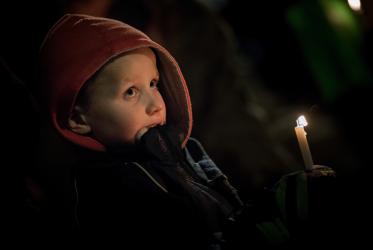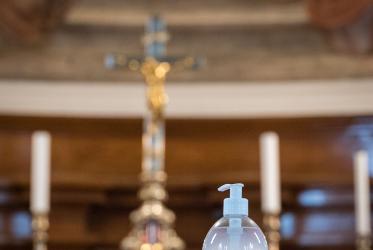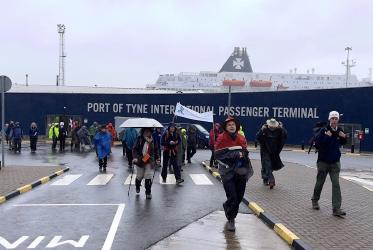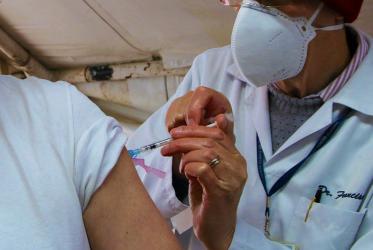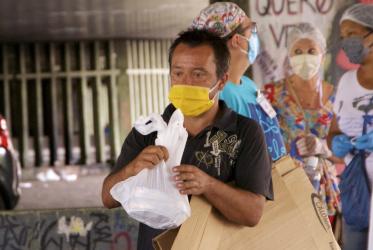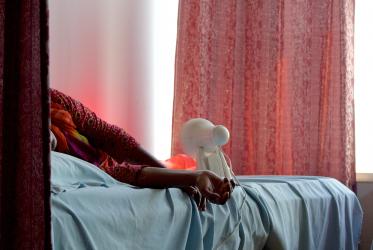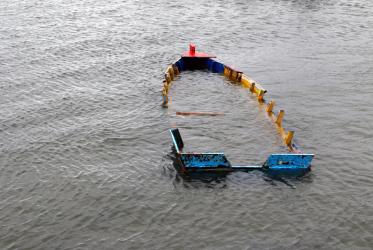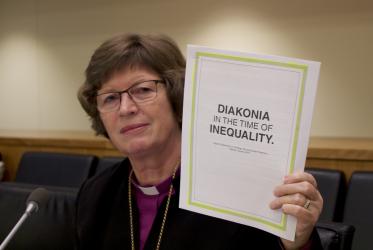Displaying 1 - 20 of 64
17 April 2024
WCC podcast deals with death and dying
15 December 2020
WCC general secretary: “Love opens the way to change”
13 February 2020
Interfaith Rainforest Initiative expands
12 February 2019
Sustainable resourcing for sustainable development
05 February 2019

